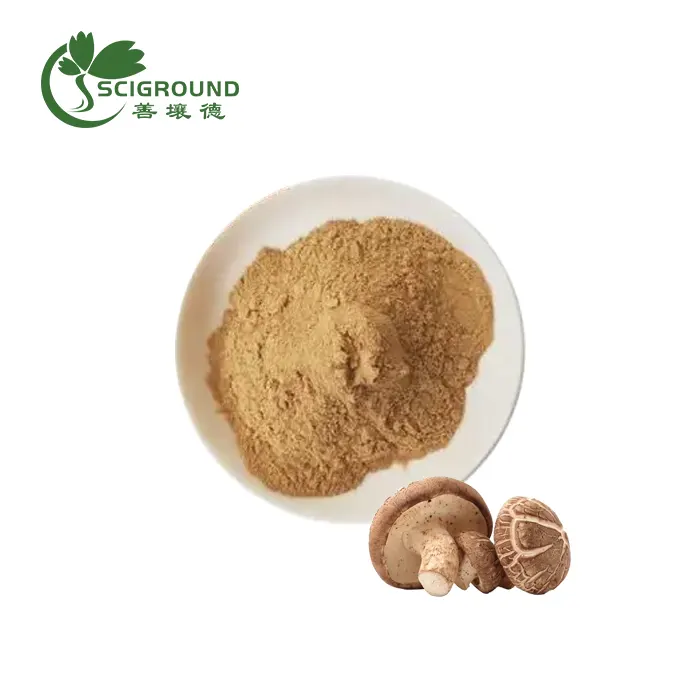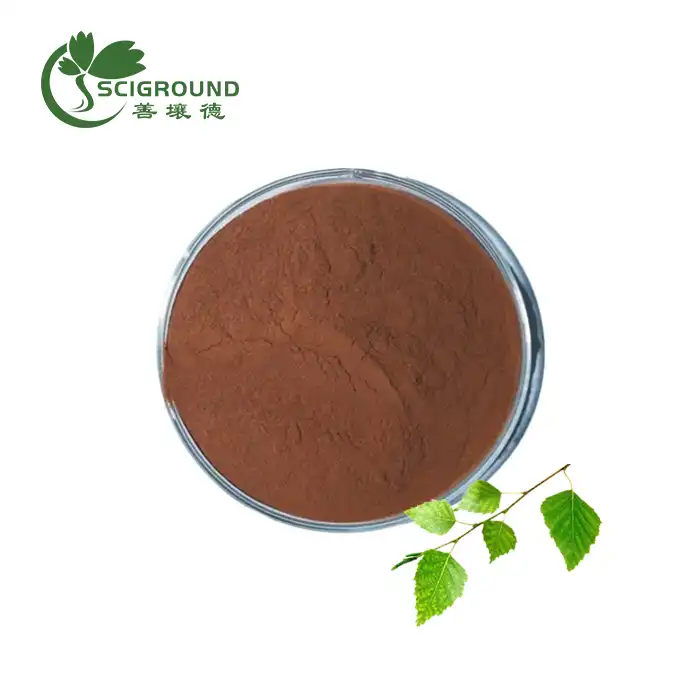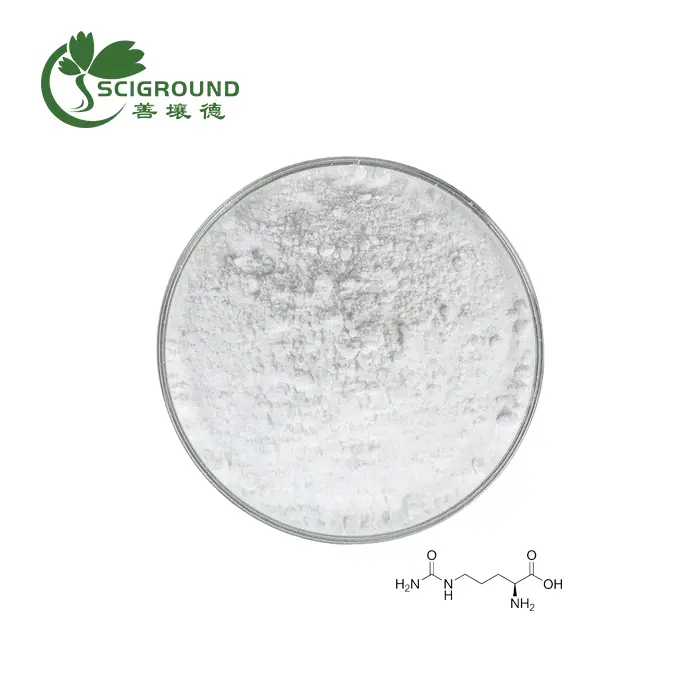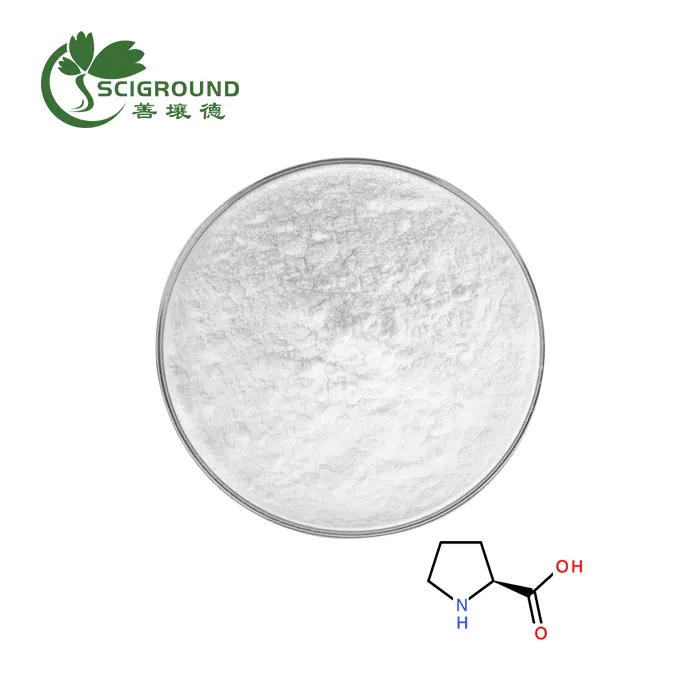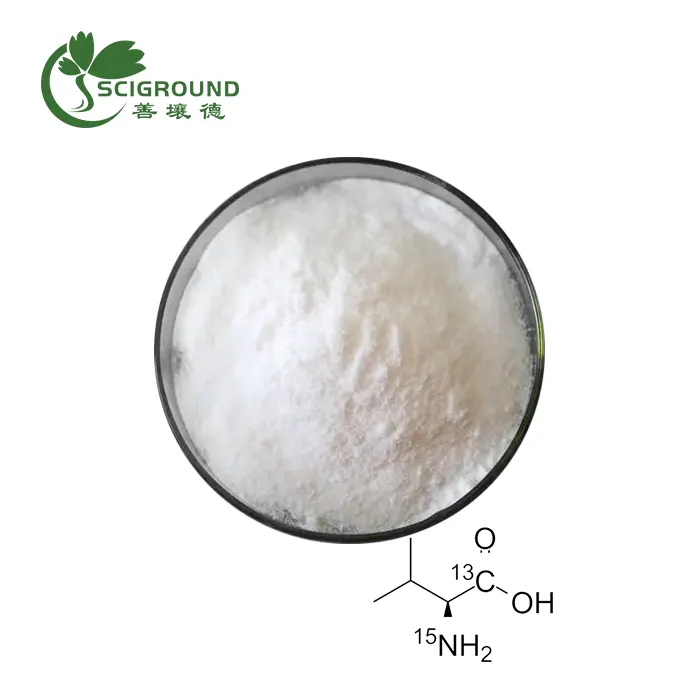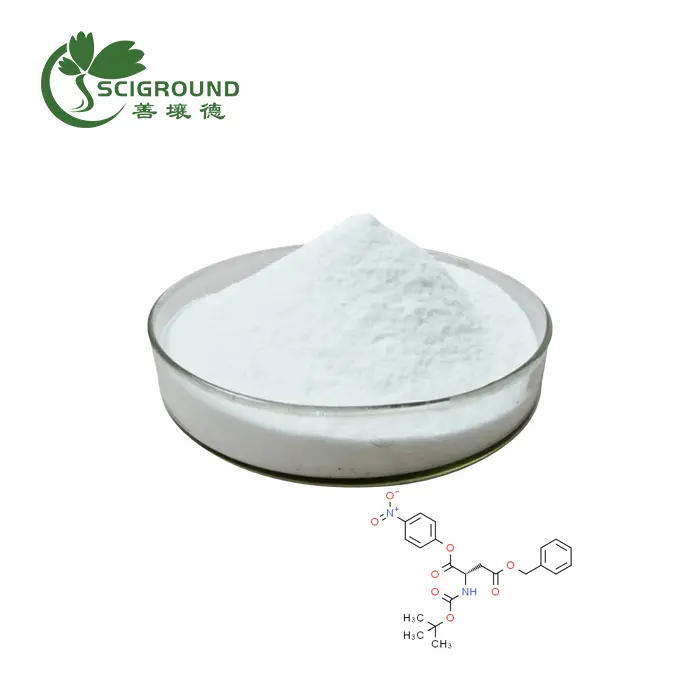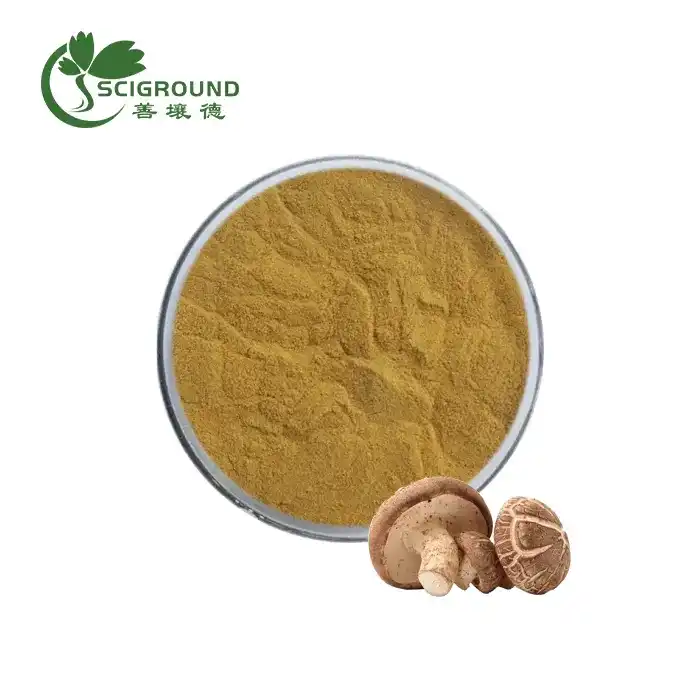Fisetin: Benefits, side effects, dosage
What is Fisetin?
A flavonoid antioxidant called fisetin is naturally present in many fruits and vegetables. Apples, grapes, onions, cucumbers, and trees like the acacia are some other plants that have it. It is what gives strawberries their red color.
Fisetin is a natural compound found in various fruits and vegetables ranging from 2 micrograms to 160 micrograms per gram of fruit or vegetable.
Fisetin powder has undergone research for its numerous possible health advantages, which are assumed to result from its anti-inflammatory and antioxidant capabilities. Fisetin may maintain brain function, lessen oxidative stress, and support healthy aging, according to mounting research.

What Are the Benefits of Fisetin?
Fisetin benefits for hair
Fisetin may help maintain healthy hair growth and pigmentation. In studies on mice, topical fisetin helped stimulate hair growth cycles and prevent hair loss. It's suggested fisetin’s antioxidant effects support hair follicle health.
The antioxidant fisetin may also lessen oxidative damage to melanin, the pigment responsible for hair color. This helps retain natural pigmentation and prevent early graying of hair.
Fisetin benefits for skin
Research shows fisetin powder has anti-aging and protective effects on skin. When applied topically, fisetin reduces inflammatory cytokines that contribute to signs of aging like wrinkles and dark spots.
As an antioxidant, fisetin neutralizes oxidative damage from UV exposure that can lead to collagen breakdown. It helps stabilize collagen fibers and may increase collagen production for more youthful looking skin.

Fisetin benefits brain
Neurological diseases became the second leading cause of death and disability worldwide as of 2016. Fisetin is a nutrient found in small amounts in various fruits and vegetables. When taken orally, fisetin is rapidly metabolized. However, its bioavailability can be increased by around 25 times when combined with fenugreek fiber. Preclinical studies suggest fisetin may be beneficial for neurological conditions including stroke, Alzheimer's disease, Parkinson's disease, age-related cognitive decline, and brain aging. One clinical trial has been completed and more are underway to further investigate fisetin's effects on the brain and neurological health.
Fisetin benefits memory
Mouse studies reveal fisetin enhances object recognition memory and improves retention. It could prevent age-associated memory deficits. Fisetin can activate signaling pathways involved in memory formation. It also promotes new nerve cell growth in learning and memory centers.

Fisetin weight loss
Unexpectedly, fisetin powder has been proven to aid in weight loss by speeding up your body's metabolism. Fisetin has been shown in a clinical investigation to have the ability to function as a type of metabolic control switch. Fisetin can assist in reducing the development of fat cells and blocking the activation of the mTOR protein, which is connected to weight gain.
Which is better quercetin or fisetin?
Fisetin and quercetin are both natural flavonoid compounds with antioxidant properties. Here’s how they compare:
Fisetin extract has been shown to have higher antioxidant activity than quercetin in several lab studies. It more readily scavenges free radicals and inhibits lipid peroxidation.
Fisetin appears to be a more potent senolytic than quercetin, which means it is better able to selectively eliminate aged, dysfunctional cells that accumulate damage. This may help slow aging processes.
Quercetin has been studied longer and is better absorbed than fisetin. However, fisetin is considered more bioavailable in the sense that a lower dose exerts effects.
Pure fisetin outperforms other compounds including quercetin, curcumin, and EGCG in terms of eradicating senescent cells (red bar).Source photo A senotherapeutic that increases health and longevity is called fisetin. 2018 EBioMedicine
The researchers came at the following conclusion:
"Fisetin showed strong anti-geronic effects in vivo and had the most potent senotherapeutic effects in vitro in several cell types."

Does fisetin really work?
Based on the number of studies demonstrating its biological activity, fisetin does appear to exert measurable effects in the body when consumed or applied topically. Key findings supporting its efficacy include:
Fisetin extends lifespan and healthspan in multiple animal studies, showing its potential anti-aging effects.
Oral fisetin supplements significantly improve memory in mice and reduce markers of brain aging and stress.
In human cell studies, fisetin promotes anti-inflammatory effects in microglia immune cells in the brain. It also stimulates the production of antioxidant enzymes.
Applied to human skin cells, fisetin inhibited enzymes that degrade collagen and preserved collagen content, demonstrating its anti-aging effects.
Fisetin has been shown to reduce inflammatory cytokines, regulate fat cell function, suppress tumor growth, and more in vitro and animal studies.
Small pilot studies in humans have found daily fisetin supplementation may improve markers of cognitive function.
More large-scale, long-term studies are needed to fully validate its effects. But current evidence indicates fisetin effectively targets various biological pathways involved in aging, inflammation, memory, fat metabolism, and antioxidant defense.
Side effects of fisetin
Fisetin is generally well tolerated by most people. Possible side effects may include:
Headache, dizziness
Nausea, diarrhea, constipation - Upset stomach
Rash or skin irritation - Low blood pressure
Hypoglycemia (low blood sugar)
Drug interactions (with anti-diabetic meds, NSAIDs, etc)
High doses of fisetin may interact with blood thinners like warfarin. People with bleeding disorders or upcoming surgery should use caution. Speak to your doctor before taking fisetin if you take any medications or have any medical conditions.

Dosage of fisetin
There is no standard pure fisetin dosage established at this time. Research studying its effects has used dosages between 10-25 mg per kg of body weight in mice.
In human trials, doses up to 20 mg/kg or around 900-1800 mg per day were well tolerated. Most fisetin supplements come in capsules of 100-500 mg. For general antioxidant support, 100-300 mg daily is a commonly recommended fisetin dosage.
It’s best to start with lower doses under 100 mg to assess tolerance, then gradually increase dosage over time. Take fisetin with food to enhance absorption. Consult your doctor to determine the optimal dosage for your needs.
Can Fisetin Reverse Aging?
Fisetin bulk powder shows promising anti-aging effects in laboratory and animal research. Key ways fisetin may help reverse aspects of aging include:
Acts as a senolytic to remove aged, damaged cells
Stimulates autophagy to clear cellular debris
Protects DNA and telomeres from oxidative damage
Reduces activity of pro-aging factors like mTOR
Upregulates antioxidant enzymes against oxidative stress
Reduces chronic inflammation that drives aging
Preserves collagen, elastin, and skin elasticity
Enhances mitochondrial function and energy metabolism
Improves memory, cognitive function and neurogenesis
More evidence from large human trials is needed. But current research suggests supplementation with fisetin may help slow aging processes and restore more youthful function in cells and tissues throughout the body.

Key Takeaways
Fisetin bulk powder is a naturally occurring flavonoid with potent antioxidant, anti-inflammatory, and potential anti-aging activity.
It may support brain health, memory, skin elasticity, fat metabolism, and other parameters.
Fisetin appears more potent than related flavonoid quercetin in studies thus far.
Human trials are limited but show promise for cognitive enhancement with fisetin supplementation.
Typical doses range from 100-500 mg per day. Start low and increase slowly.
Fisetin is generally safe and well-tolerated, but may interact with some medications.
More research is underway to fully validate fisetin’s effects on aging processes and age-related decline.
FAQs
Q: What foods contain fisetin?
A: Strawberries, apples, mangoes, persimmons, grapes, cucumbers, and onions contain appreciable levels of fisetin. It's also found in wine and some medicinal plants.
Q: When should I take fisetin?
A: Fisetin may be taken at any time of day. However, some people report energy or alertness effects from fisetin, so you may wish to avoid taking it in the evening or nighttime.
Q: Can I take fisetin with quercetin?
A: Yes, fisetin and quercetin are often used together in supplements to provide complementary antioxidant benefits. No negative interactions have been reported.
Q: Does fisetin really work as an anti-aging supplement?
A: Research in cell, animal, and some human studies demonstrates the anti-aging potential of fisetin. More large-scale human studies are needed. But current evidence indicates it can help target multiple aging factors.
Q: Are there any side effects or cautions with fisetin?
A: High doses may potentially interact with blood thinners or medicines for diabetes, hypertension, etc. Those with bleeding disorders, upcoming surgery or taking any medications should consult a doctor before using fisetin supplements.
References:
Maher P. Neurotrophic effects of flavonoids: therapeutic implications for Alzheimer's and Parkinson's diseases. Natural product communications. 2019 May;14(5):1-18.
Currais A. Fisetin Reduces the Impact of Aging on Behavior and Physiology in the Rapidly Aging SAMP8 Mouse. Journals of Gerontology Series A: Biomedical Sciences and Medical Sciences. 2018 May 17;73(3):299-307.
Pal HC, Pearlman RL, Afaq F. Fisetin and Its Role in Chronic Diseases. Advances in Experimental Medicine and Biology. 2016;928:213-44.
Touil YS, Auzeil N, Boulinguez F, Saighi H, Regazzetti A, Scherman D. Fisetin disposition and metabolism in mice: Identification of geraldol as an active metabolite. Biochemical and biophysical research communications. 2011 Oct 21;414(3):500-4.
Currais A, Maher P. Functional benefits of flavonoids relate to the activation of signal transduction pathways in neurons. Neural regeneration research. 2019 Jul;14(7):1188.
About Author

Celine Xu is a botanist with over 15 years of experience researching and developing plant extracts for nutritional and pharmaceutical applications. She leads an R&D team focused on identification, cultivation and extraction of medicinal plants. Celine Xu earned a Ph.D. in Plant Biology has authored numerous articles in peer-reviewed journals about the health benefits of specific phytochemicals. She frequently speaks at industry conferences about new developments in plant extract research. Celine Xu is dedicated to advancing the scientific understanding of how targeted plant compounds can be used to improve human health.
Related Industry Knowledge
- Does Dandelion Root Extract Cause Nausea?
- how to make dandelion root extract
- What is the best time to take fisetin?
- Is L-arginine the same as L-ornithine?
- What kind of inflammation does curcumin reduce?
- Is Inulin Gluten Free
- What is astragalus best for?
- How do you use cordyceps extract?
- What is DHM?
- What are bcaas
